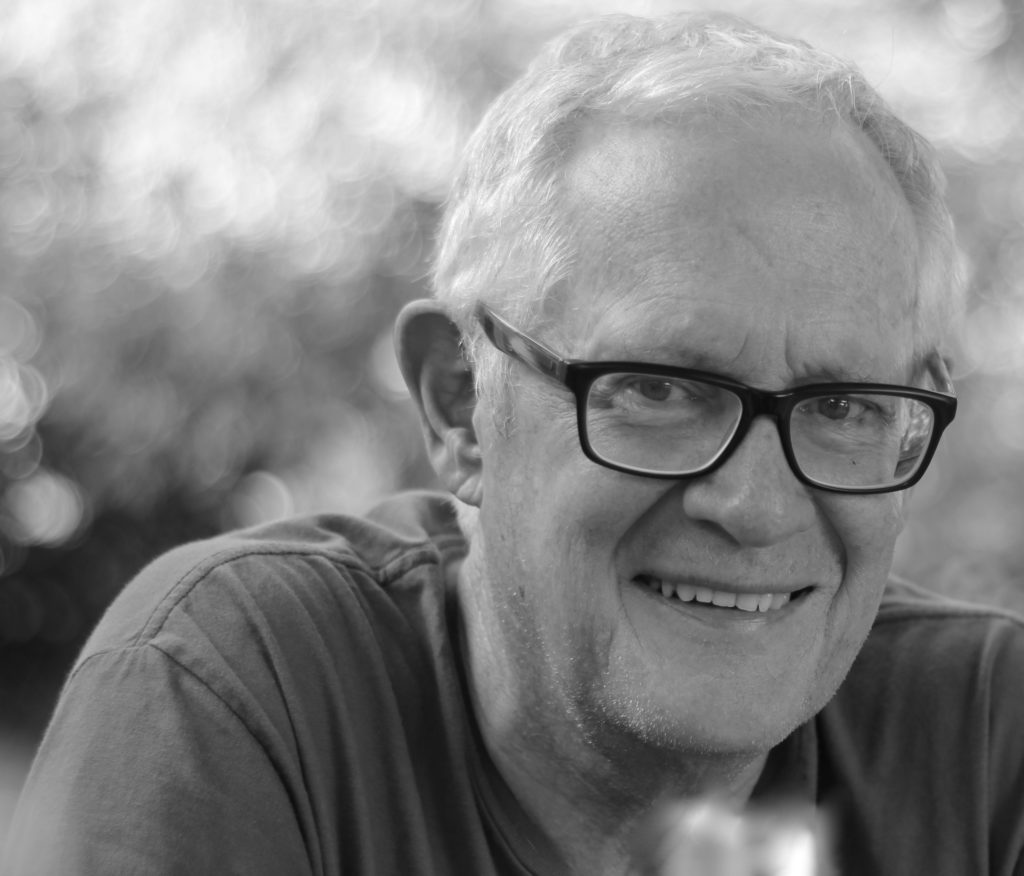
Paul Pickowicz is Distinguished Professor Emeritus of History and China Studies at the University of California, San Diego
Your discipline and country (or countries) of interest
Officially: History of Modern China
Reality: Interdisciplinary Modern and Contemporary Chinese Studies
How long have you been a member of AAS?
51 years. I think I joined when I was 10 years old—but perhaps it was a bit later!
Why did you join AAS and why would you recommend AAS to your colleagues?
It was and still is the most important and stimulating interdisciplinary Asian studies association in the world. It builds communities and encourages healthy worldwide networking among diverse scholars and students. AAS is people-oriented.
How did you first become involved in the field of Asian Studies?
As a third-year college student in 1966 I was studying in Edinburgh, Scotland because I needed to learn a lot more about Europe. It was in Scotland, reading newspapers on a regular basis, that I became aware of a place about which I knew even less: Asia. In 1966 the Vietnam War was raging and I was ignorant about its nature. In 1966 the Cultural Revolution exploded in China and I was clueless about what it meant. So, oddly enough, it was as a teenager in Scotland that I began reading books about China and Asia and got totally hooked. I’m still reading.
What do you enjoy most or what have been your most rewarding experiences involving your work in Asian Studies?
My most enjoyable and rewarding experiences over four-plus decades have been connected to my many short- and long-terms stays in China since 1971 and the opportunity to learn about the past and present from all sorts of people, especially folks at the grass roots. I treasure all the collaborative teamwork I’ve done with colleagues and grad students across the disciplines and around the globe to convene conferences, launch research initiatives, and bring out collectively produced books. I’m in ongoing awe of the 33 PhD students I mentored (as well as the seven who are in the pipeline). I’ve also experienced enormous pleasure teaching my University of California courses in overseas settings including Heidelberg, Shanghai, Edinburgh, and Beijing.
Tell us about your current or past research.
I started in intellectual history mainly because in the 1960s we had no access whatsoever to China. But I fantasized about going to China. I first went in 1971, but it was hard in the 1970s and 1980s (and it remains hard today) to carry on systematic research in China. It’s important to understand what happens at the state-power level, but I wanted to know about daily life at the grass roots. This can be controversial. China often looks one way from the top down and another way from the bottom up. I always have more than one research agenda when I go to China. If you hit a wall, shift from topic A to topic B. I have a passion for social history/popular culture. My rural agenda, captured best in Chinese Village, Socialist State (1991), focuses on a long-term field research project launched in 1978 in Hebei. It was great to get into local archives, but the most eye-opening thing I did was to talk with and learn from villagers. I was fortunate to be able to film some of my most gripping interviews with villagers for two documentaries, China in Revolution (1989) and The Mao Years (1994). Starting in 1977, my urban research agenda emphasized visual sources and the struggle to get access to city voices by exploring the social history of the Chinese film industry from the 1920s to the marvelous work of present-day independent moviemakers. This research is reflected best in China on Film (2012).
What advice or recommendation do you have for students interested in a career in Asian Studies?
1) If you are a China specialist, spend as much time as humanly possible on the ground learning in China; 2) Visit nations near China like Cambodia, Korea, Vietnam, Nepal, Laos, Malaysia, India, Thailand, Japan, Indonesia, and Myanmar. It will cause you think in more complex ways about China. 3) Prioritize Chinese language acquisition if you are not a native speaker; 4) Work hard on a second Asian language; 5) Attend AAS and AAS in Asia as often as possible.
Outside of Asian Studies, tell us some interesting facts about yourself (your interests, hobbies, skills, etc.).
San Diego has been my home for 46 years, but I’m a native of Cambridge, Massachusetts. So, it’s still Go Red Sox! Go Celtics! Go Bruins! Go Pats! I’m addicted to overseas travel. I collect 19th century postage stamps, including British Hong Kong, Qing China and Meiji Japan. In 2010 I was inducted into my Massachusetts high school’s Athletic Hall of Fame (football quarterback; basketball forward; baseball first base). I love the ocean, whether it’s California, Massachusetts, or southern Thailand.

